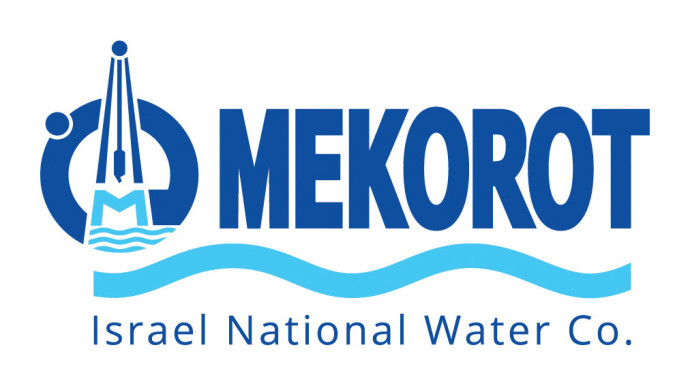Israel has made amazing advances in water management over recent years, particularly with regard to unconventional water resources – such as desalination and reclaimed water – which provide about half of its water supplies.
Israel’s primary natural water source originates in the Upper Jordan River, flowing south into the country’s largest freshwater lake, the Kinneret (Sea of Galilee), draining into the Lower Jordan River and winding through the Jordan Valley into the Dead Sea.
Mekorot (which means “sources” in Hebrew) – the state-owned national water company – provides Israel with over 80% of its drinking water and 70% of its water supplies, operating a cross-country network called the National Water Carrier. It carries water from the Kinneret to the northern Negev desert through channels, pipes and tunnels.
Today Israel produces about 20 percent more water than it needs, Mekorot says. “There is no shortage of water in the State of Israel,” Mekorot chairman Yitzhak Aharonovich tells The Jerusalem Report. “There is actually a surplus, but there is a problem with water transmission to places where there is a shortage of effluent water for agriculture, in the Upper Galilee, the Golan Heights and the Negev.”
Mekorot was established in 1937 by Levi Shkolnik (who later changed his name to Eshkol and served as prime minister from 1963 to 1969); water engineer Simcha Blass; and Pinchas Koslovsky (who changed his name to Sapir and served as finance minister between 1963 and 1968).

Here are a few interesting facts and figures about Mekorot:
- Its supply system unifies the country’s water plants – the National Water Carrier and the Yarkon-Negev plant – drawing water from the Kinneret, aquifers, boreholes, seawater, desalinated water and brackish water.
- It operates 3,000 installations across the country for water supply, water quality, infrastructure, sewage purification, desalination and rain enhancement.
- It oversees operations of almost 700 pumping stations; 2,500 pumps; 1,200 wells; 12,000 km. of large-diameter pipes; over 700 concrete and steel pools and tanks; and over 100 large earth reservoirs.
- It supplies more than 1.5 billion cubic meters of water annually to homes, farms, and factories in Israel, as well as to Jordan, the Palestinian Authority, and even the Gaza Strip.
- In 2008, Mekorot opened a central filtering plant for water pumped from the Kinneret. It has also improved quality control and reduced chlorine added to water as a disinfecting agent, resulting in better water quality.
- It has two more desalination plants in development, one of which is set to be operational this year, which will ultimately provide 90% of Israel’s annual municipal and industrial water consumption.
Mekorot and other organizations – including Mashav, KKL-JNF, the Arava Institute, and Innovation: Africa – share Israel’s expertise and technologies with countries around the globe facing water shortages, from desalination and drip irrigation to solar-powered pumps that access clean water from underground aquifers.
Mekorot has signed deals, primarily on desalination, with countries such as India, Morocco, Cyprus and Uganda. Mekorot’s achievements have made it one of the top water companies in the world and contributed to Israel’s standing as a water powerhouse, just as it is in the fields of hi-tech and defense.
“For more than 85 years, Mekorot has embodied the unique Israeli spirit: daring, sophistication, and innovation in the face of the complex challenges of the Israeli water economy,” the company states on its website. “As a small country, located on the edge of the desert and with scarce water sources, which are under ongoing security threats, Israel’s standing as a water powerhouse should not be taken for granted.”
“For an ever-drier world, Israel’s leadership in water may be the most important contribution to go forth from Zion.”
Seth M. Siegel
As Seth M. Siegel, who wrote Let There Be Water: Israel’s Solution for a Water-Starved World, says: “For an ever-drier world, Israel’s leadership in water may be the most important contribution to go forth from Zion.”
